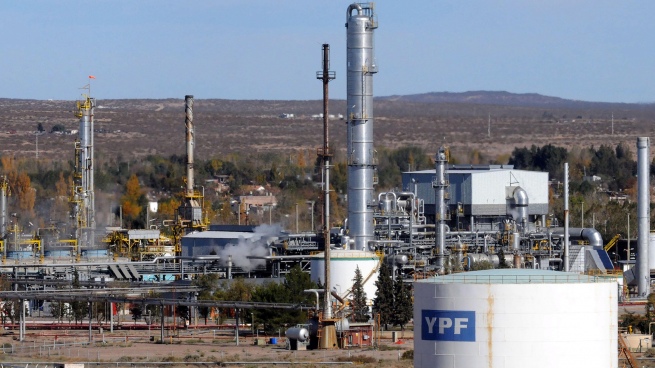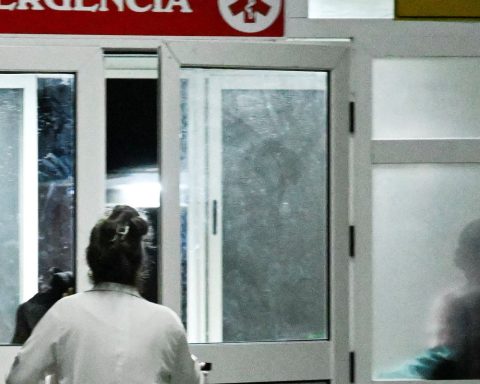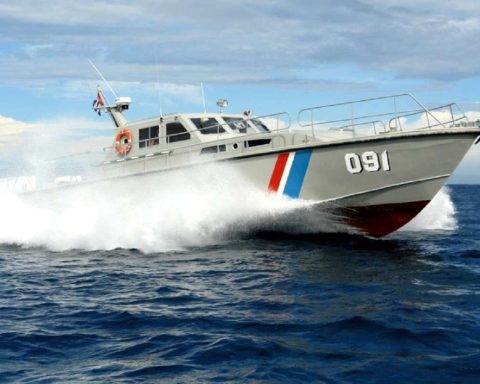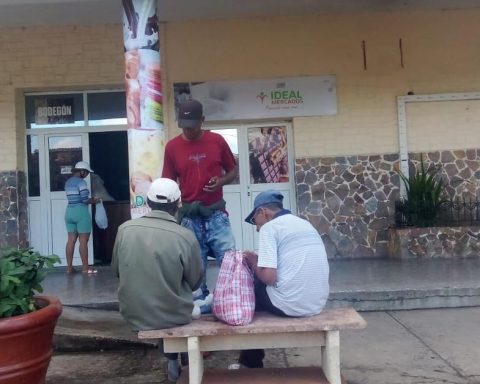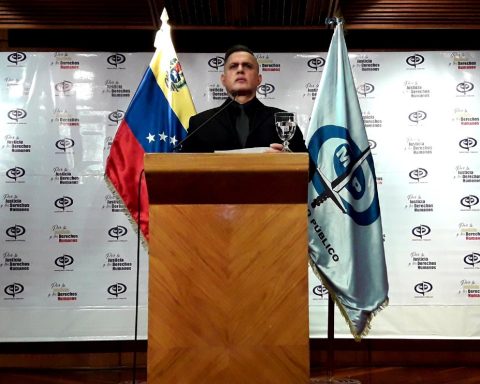The president of YPF, Pablo González, pointed out that The company is studying four possible locations in the province of Buenos Aires and in Río Negro for the installation of the mega Liquefied Natural Gas project. (LNG), which will require an investment of 11,500 million dollars and which would make the company and the country a net exporter of energy.
In an interview with Télam on the occasion of the company’s centenaryGonzález stressed that “the possibility of ending the winter import matrix comes from the use of Vaca Muerta and, among other alternatives, the export of LNG.”
“There are several projects in the country and one is owned by YPF, which has been developing for two years and has to complete the engineering and seek financing. There are three or four locations under study in the province of Buenos Aires and in Río Negro, but the theme has not yet entered the directory for its definition”clarified the head of the oil company.
It is “a project of 11,500 million dollars, not only in the construction of the plant but in all the cost that means putting into operation the production of that amount of gas and the necessary logistics” for a plan of this magnitude.
To give a dimension of the challenge, “YPF is producing almost 20 million cubic meters per day in Vaca Muerta, after having managed to double its production in one year: In 2022, it will be exceeding 100%, in twelve months, of shale gas “, he stressed.
“Today Argentina produces more gas than it can transport. It has absolutely collapsed gas pipelines, hence the importance of the new Néstor Kirchner trunk line. In oil, it also has the Oleoducto del Valle (Oldeval) collapsed and there it projects an investment of 50 million dollars to its enlargement”.
In that same line, YPF works “in the enhancement of the oil pipeline to Chile that stopped working about 15 years ago because Argentina went from being an exporter to being an importer of crude oil and that can transport some 110,000 barrels“, he added.
“There will be the possibility of supplying Chile, which is a net importer of crude oil, and reaching the refinery in Biobío, and then there will be a balance to export through the Pacific,” González assured, referring to the company’s plans. .
At the beginning of May, the Minister of Economy, Martín Guzmán, met with the directors of the oil company to analyze the company’s plans and the national government’s energy agenda, among which the development of infrastructure and the opportunities it offers stand out. the LNG.

The Government promotes the LNG industry as an export projectthrough a strategy of articulation with national and foreign companies and member countries of the G20 that allows to ensure a demand that justifies embarking on the development of the infrastructure linked to the gas potential of Vaca Muerta.
The first talks were carried out by Guzmán in recent weeks, within the framework of the meeting of the International Energy Agency (IEA), in Paris, and meetings with ministers from different G20 countries held in Washington, in the midst of the Assembly of the (boreal) Spring of the International Monetary Fund and the World Bank.
There is a broad consensus in the energy industry that LNG will play an important role in the coming decades for the development of matrices with less carbon emissions towards the goal of net zero emissions by 2050, as a reliable and flexible resource for transition and complementation towards renewable energies.
In addition, the possibility of expanding or extending the Ar Gas Plan is being analyzed with the company in order to guarantee additional production volumes at the time the Néstor Kirchner gas pipeline works are completed.
